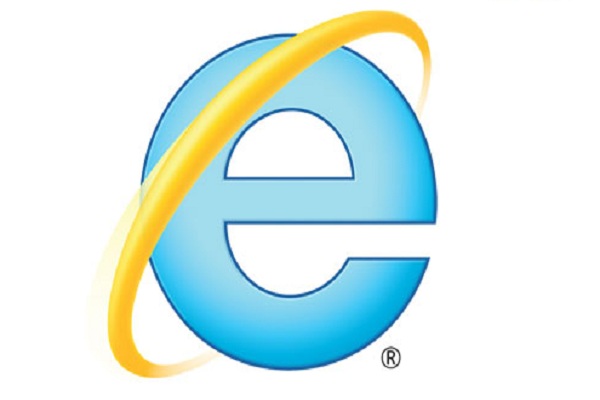IE 11 to feature selective Do Not Track option, reveals Microsoft
Microsoft sets out privacy settings for IE 11 in Windows 8.1 preview.

Microsoft is stepping up its Do Not Track (DNT) efforts in the next release of Internet Explorer by allowing users to grant permission for specific websites to log their movements.
The next version of Internet Explorer, IE11, made its debut in the Windows 8.1 preview, which was released last week at the software giant's Build conference for developers.
We will enable consumers to grant permission to a website to collect and use their information, even when DNT is on.
The web browser will come with a default DNT setting, as featured in IE10, to prevent advertisers and websites snooping on users' online activities.
However, the software giant has introduced a User-Granted Exceptions option to IE11 that lets users pick and choose the sites they want to track their movements.
The company claims to be the first web browser software vendor to offer this capability.
"The exceptions capability...enables websites to ask for an exception to a consumer's DNT setting and provides a mechanism for that permission to be stored and communicated to the website in the future," said Brendon Lynch, Microsoft's chief privacy officer, in a blog post.
"Enabling consumers to grant permission to a particular website or service for collection and use of their information, even when DNT is on for other sites, reflects feedback we heard during discussions."
Get the ITPro daily newsletter
Sign up today and you will receive a free copy of our Future Focus 2025 report - the leading guidance on AI, cybersecurity and other IT challenges as per 700+ senior executives
Microsoft's decision to offer default DNT in IE10 was largely welcomed by privacy campaigners, although some raised concerns it could be circumnavigated by advertisers.
"As part of our ongoing commitment to privacy, we will continue to listen to our customers, engage with industry, consumer groups, policymakers and academia, and evolve our products," added Lynch.
"We look forward to continuing to innovate on privacy and provide the protections and choices our customers want."
-
 Bigger salaries, more burnout: Is the CISO role in crisis?
Bigger salaries, more burnout: Is the CISO role in crisis?In-depth CISOs are more stressed than ever before – but why is this and what can be done?
By Kate O'Flaherty Published
-
 Cheap cyber crime kits can be bought on the dark web for less than $25
Cheap cyber crime kits can be bought on the dark web for less than $25News Research from NordVPN shows phishing kits are now widely available on the dark web and via messaging apps like Telegram, and are often selling for less than $25.
By Emma Woollacott Published